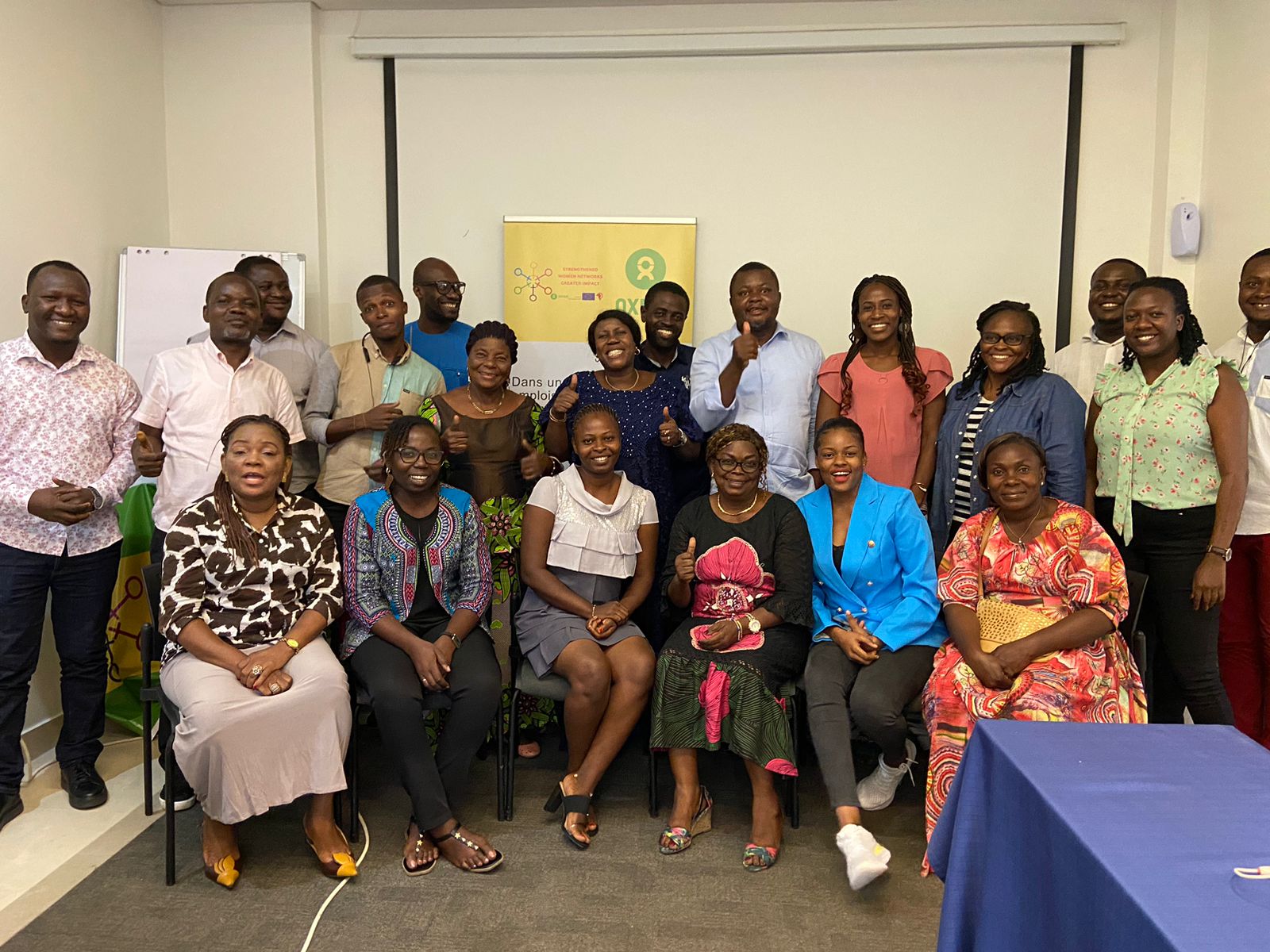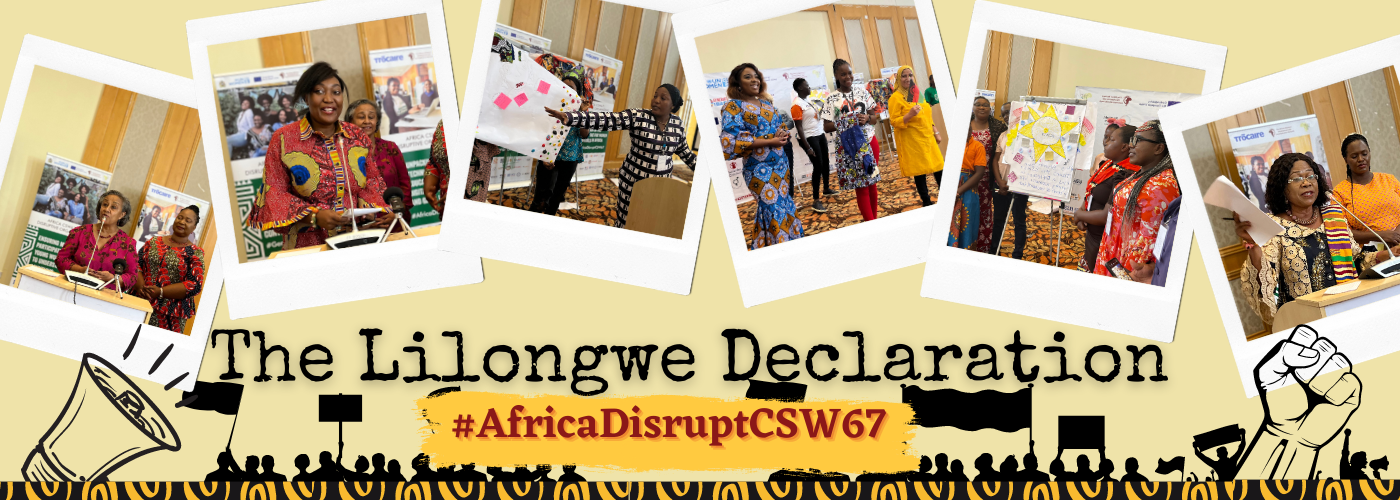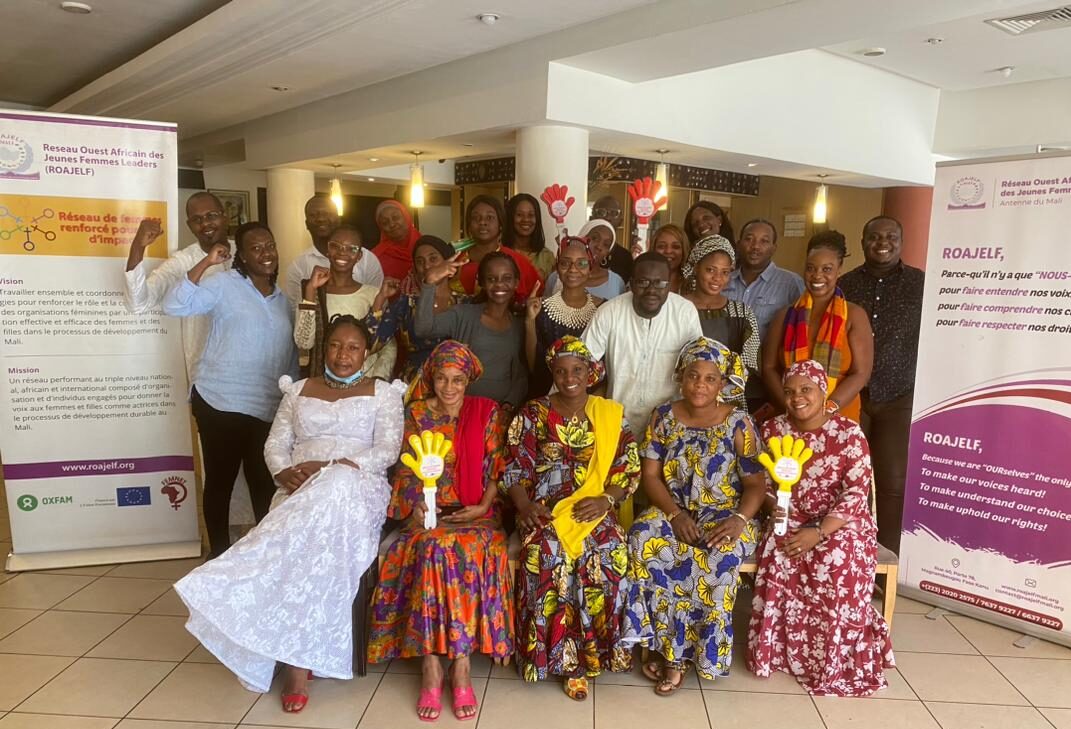
Malian Feminists at the Frontline of Africa’s Digital Revolution
It’s a new dawn in Bamako, Mali as Oxfam Africa and FEMNET continue to implement recommendations from 67th Session of the Commission on the Status of Women (CSW67) which emphasized on digital inclusion. A noble cause to clock back the ambivalence that had stagnated the inclusion transformative shift among Malian women engagement in the digital space.
Anchored on the Malian government’s national commitment in the policy and strategic plan for ICT, FEMNET in partnership with Oxfam and the European Union held an ICT training in Bamako Mali. The training not only relieved the #CSW67 theme, DigitALL: Innovation and technology for gender equality, but also advanced and ignited the skills of the Malian techno-feminists.
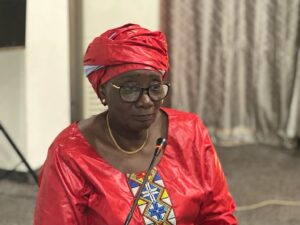
“Malian women and girls have been excluded in the digital space for so long and we now need to fast track their engagement,” said Mama Koité Doumbia, the representative of Africa on the Council of the Victims’ Fund of the International Criminal Court in The Hague, former member of the board of FEMNET and current president of the Malian Women’s Development and Communication Network (MUSONET).
Mama Koité insisted that women and girls’ engagement in the ICT and digital space is the best way to correct the pathway of the digital revolution which deliberately excluded African women and young people.
“In as much as I may not be identified as Gen Z,” said Mama Koité , “ I am also accustomed to the digital space because I do not want to be left behind,”
Her views were echoed in the wake of a seemingly lethal cocktail of patriarchy and misogyny that has made women feel unsafe because of cyberbullying among other digital related atrocities.
This notwithstanding, women and girls’ aspirations in the digital space cannot be watered down. Notably, the African Union and other key regional bodies such as ECOWAS are committed to ensure that women are not left behind.
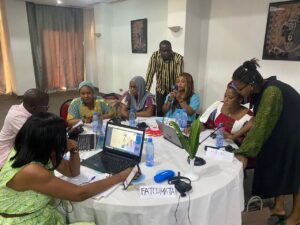
Beyond the gender equality promises are relived realities by Malian women that require urgent interventions to enable a positive change.
Fatoumata Djiré the West African Chair of the Africa Women’s development and Communication Network (FEMNET) said, “Malian women must be part of the digital revolution and proactively participate in the space. We, Malians have the capacity to learn and satisfy the needs expected in the digital space, we just need our skills to be horned,”
Djiré also noted that “There is no gender equality without access to the digital space,” she said that there is no reason why Malian women should be locked out of the digital revolution in Africa.
Out of 22 million only 5.74 million Malians have access to the internet; this is only 29.9 percent of the entire population. The larger percentage is literally locked out of the digital space.
Beyond this, the main concern is that 20 years after the commitment to implement the Maputo Protocol, women and girls are still demanding for inclusion. A seemingly never-ending odyssey that needs to be first tracked through digital and ICT learning.
“Women need to effectively operate in a changing global system where everything is literally online,” said Carole Gatoto, Bilingual specialist and project coordinator at FEMNET.
Gatoto insisted that the digital system continues to evolve and techno-feminists in Mali need to be involved and engaged to be at the apex of the digital revolution.
Additionally, Bill Marwa, the Digital Rights Advisor, Oxfam in Africa, underscored that, “It is crucial for Malian women and girls to access digital technologies so that they can meaningfully engage and benefit from the broader digital ecosystem.”
Marwa insisted that women and girls’ participation in the digital spaces not only reduces the gender gap but also unlocks significant commercial and socio-economic opportunities.”
It is envisaged that the skills earned by the Malian feminists will go a long way in challenging archaic patterns of gender exclusion as well as reprogramming the ratification of the Maputo protocol.
The deliberations, sentiments and conversations that ensued in Mali during the training can be retrieved via #FeministDigitalFutures
This article was written and compiled by Imali Ngusale ; i.ngusale@femnet.or.ke . For additional information about “Strengthening Networks for Greater Impact and its implementation in Africa contact Carole Gatoto; c.gatoto@femnet.or.ke Josephine Ireri via j.wangari@femnet.or.ke , Maureen Olyaro via m.olyaro@femnet.or.ke Bill Marwa; bill.marwa@oxfam.org, Akumu Pamba; akumu.pamba@oxfam.org and Virgile Uzabumugabo; vuzabumugabo@oxfam.org.uk
Related Posts
Feminists from DRC Take a Deep Dive in the Digital Space
The rising influence of technology, and its important role in the Democratic Republic of Congo (DRC) cannot be
Learn MoreThe Lilongwe Declaration: Africa CSW67 Disrupt
We, the delegates of the Africa CSW67 meeting physically and virtually comprising of more than 200 distinguished delegates
Learn More
